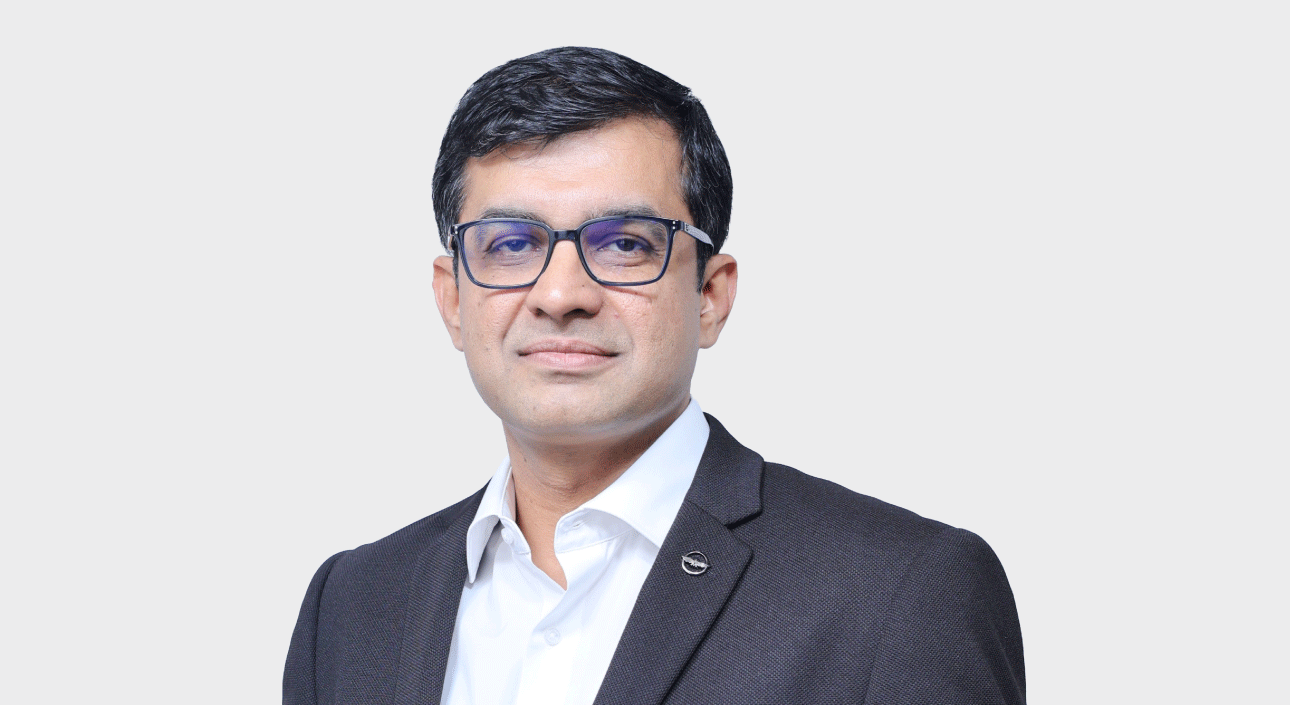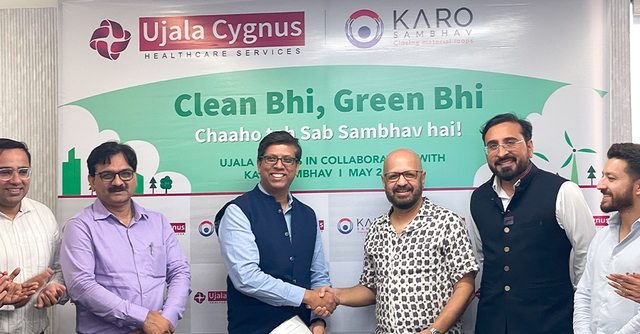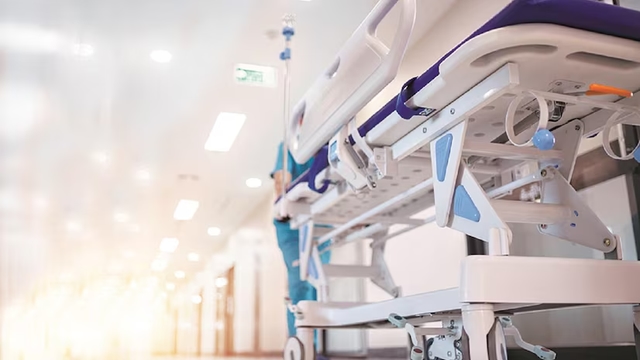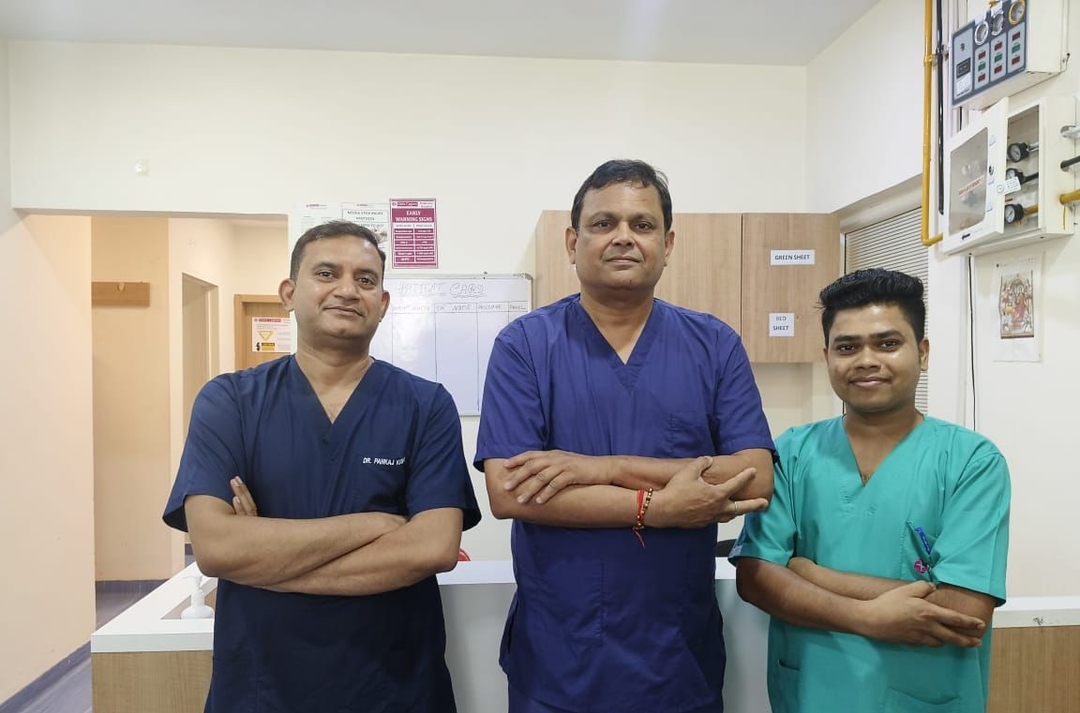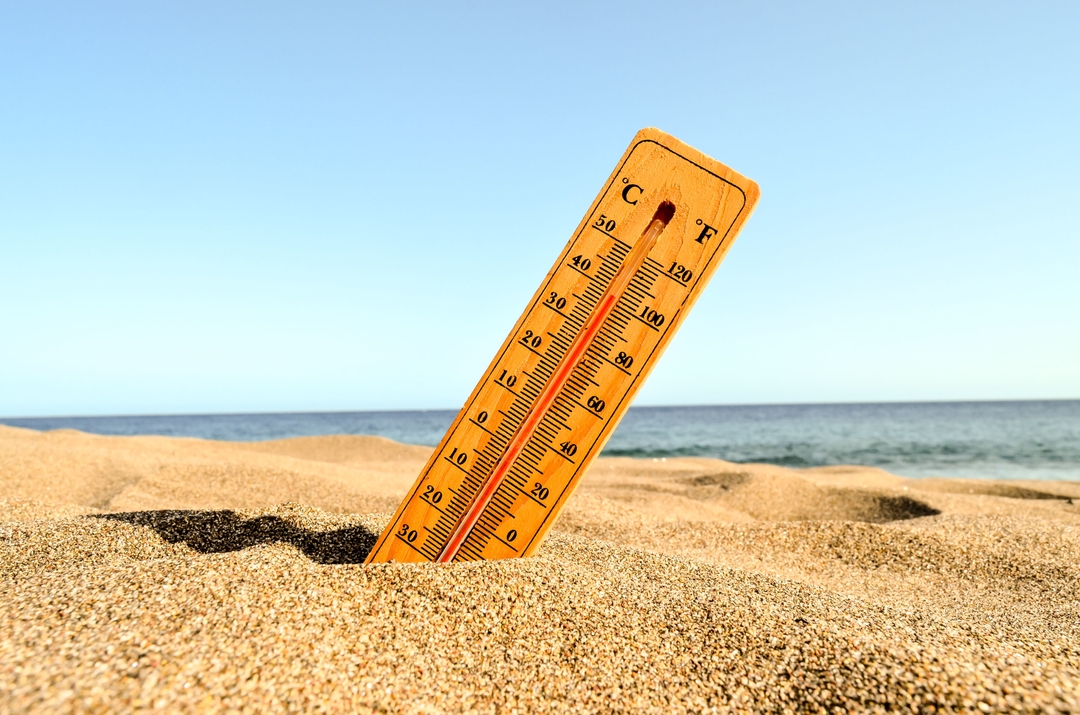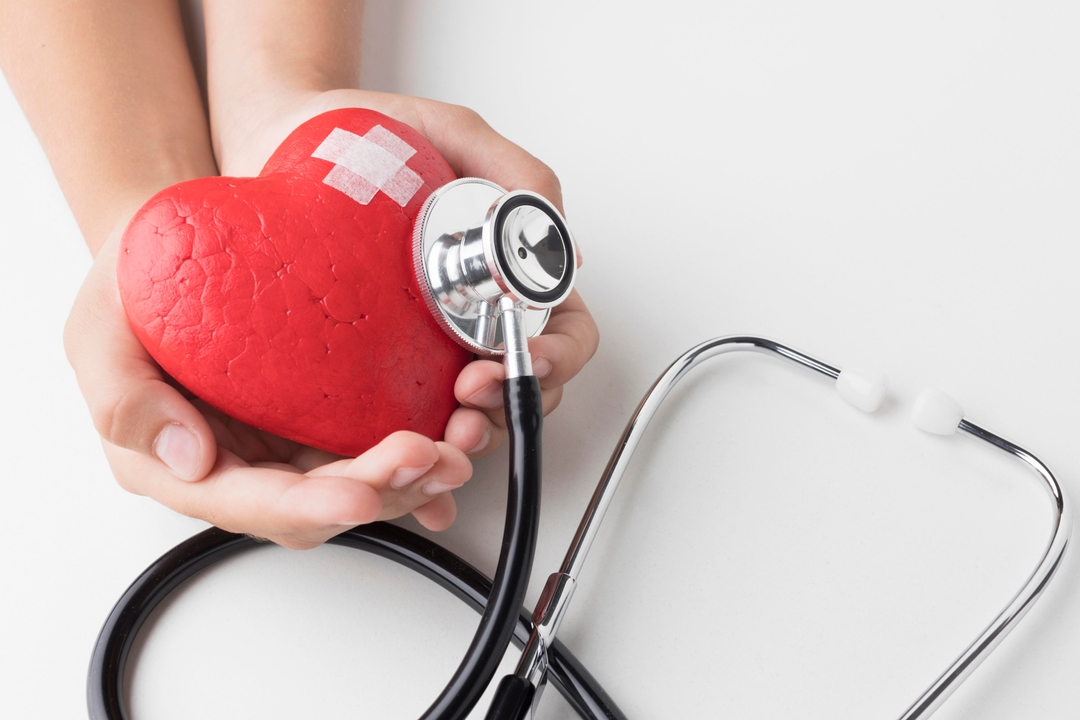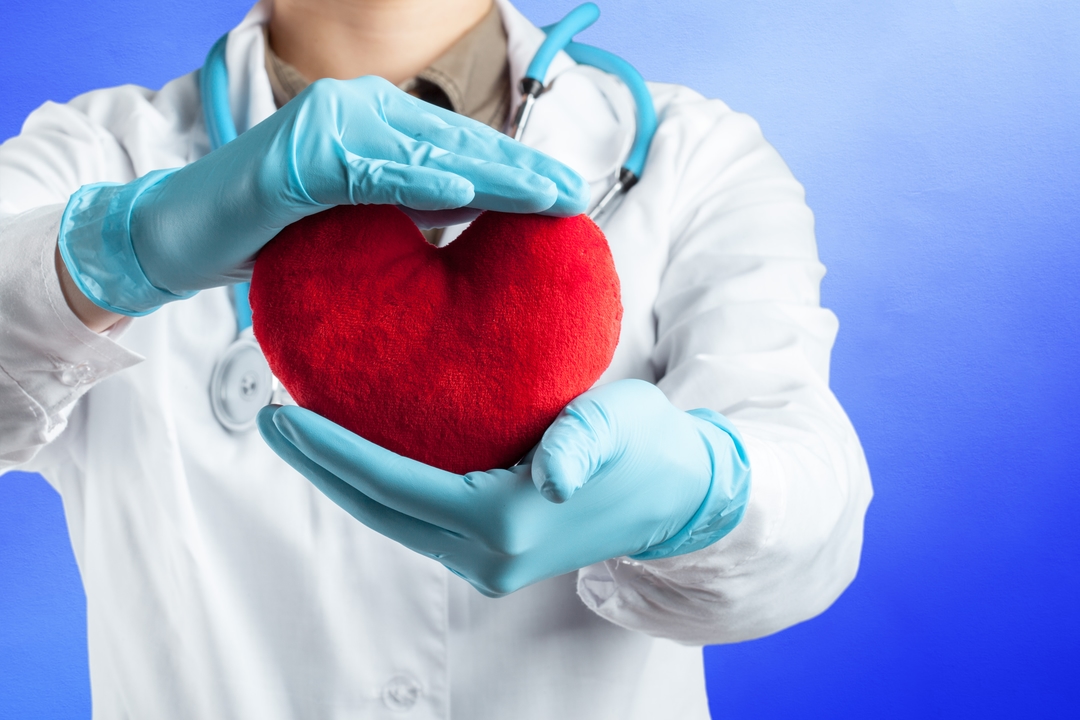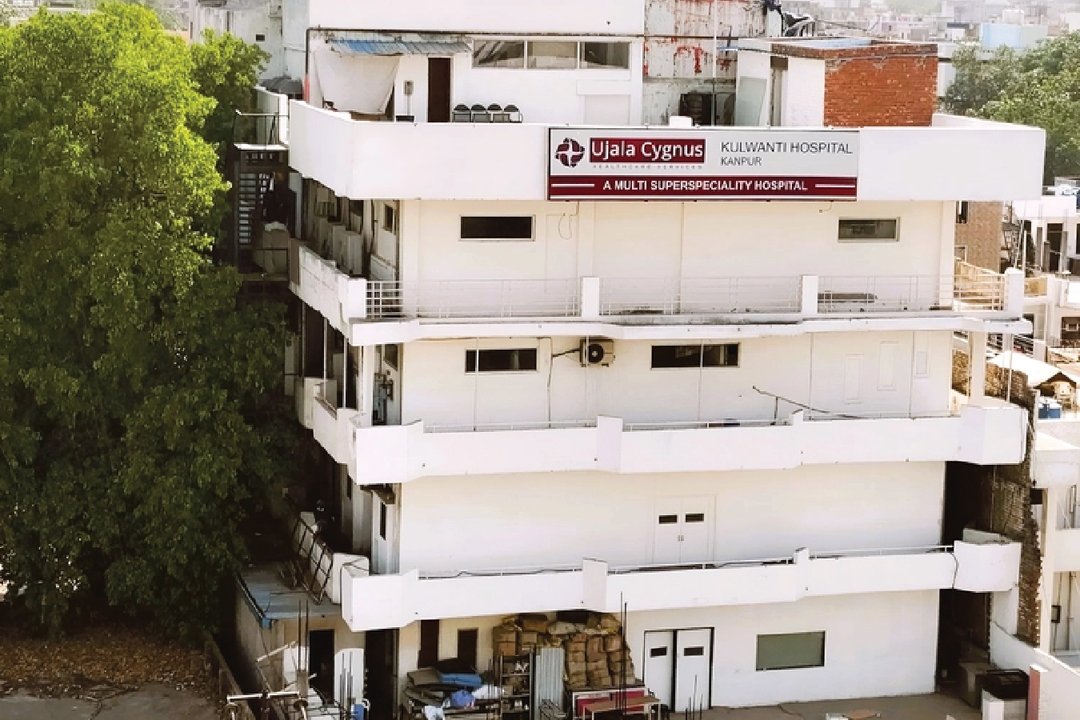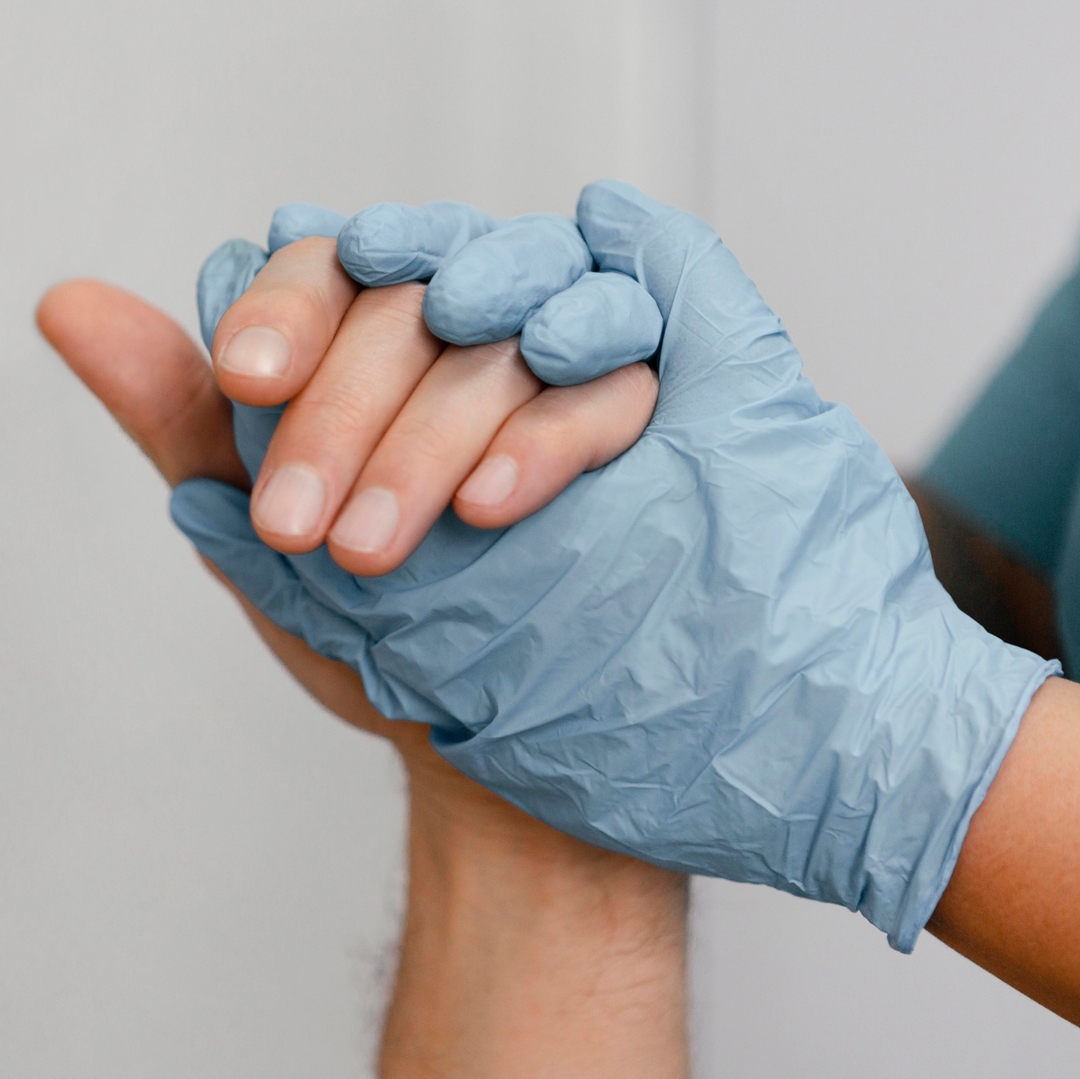
Important Facts To Know About Cancer
By Ujala Cygnus
Reviewed by : Jalaz Jain
February 3, 2022
Cancer is a disorder in which some of the body’s cells multiply uncontrollably and spread to other parts of the body. Cancer can start in any part of the human body, which comprises trillions of cells. Human cells develop through a mechanism called cell division to form new cells as per body requirements. When these cells become old or become impaired, they die, and new cells replace them.
Occasionally, this orderly process breaks down, and irregular or impaired cells grow and propagate when they shouldn’t. These cells may end up in tumors, which are bulges of tissue. Tumors can either be cancerous or exist in non-cancerous forms.
Mutation and Cancer
A mutation is a transformation and all cancers commence only when one or more genes in a cell mutate. It generates an abnormal protein or this transformation may prohibit a protein’s production. The abnormal protein generated provides different information than a normal protein. This leads the cells to multiply forcefully and become cancerous.
The peculiar nature shown by cancer cells results from a series of mutations in essential regulatory genes. The cells develop progressively more unexpectedly as more genes become impaired. Often, the genes are involved in the regulation of DNA repair become impaired themselves, inducing the cells to become more sensitive to ever-increasing levels of genetics.
What causes gene mutations?
For instance, gene mutations can occur because of several causes
Born Gene mutation
The gene mutation in a newborn child inherited from his parents can account for a small percentage of cancers.
Gene mutations post-birth
The gene mutations which occur mostly after birth are inherited from several natural forces such as smoking, radiation, viruses, cancer-causing carcinogens, obesity, hormones, chronic infection, and a dearth of workouts. Gene mutations occur intermittently during normal cell development. Yet, cells contain a process that identifies when an error occurs and rectifies the mistake. Sometimes, the mistake is skipped. This could also lead to a cell becoming cancerous.
Where does cancer arise?
Cancer can influence multiple parts of the body, starting from the skin, bone, and blood vessels, to the lungs, kidneys, and various other organs. Cancer is believed to impact the immune system, which plays a key role in the progression of cancer.
Genetical Reasoning of Cancers
Genes are divisions of DNA spotted on chromosomes and can mutate over time to become cancerous. These mutations can originate for a variety of reasons, including diet and lifestyle preferences and openness to certain natural factors. Studies reveal that only 5 to 10 percent of the cancers are genetically acquired, and are mostly seen earlier in life.
Symptoms of cancer
Cancer affects different parts of the human body and these signs are shown as
The risk factors associated with cancer, particularly in adults, have been associated with repeated exposures or risk factors. Now lets look at some of the key risk factors contributing to cancer
Lifestyle factors
Smoking, consuming a high-fat diet, and working with toxic chemicals are instances of lifestyle inclinations that may be risk factors for a specific adult.
Family history and ancestry
Hereditary factors like family history and blood relations having a cancer history may play a crucial role in some childhood cancers. It is anonymous in these cases, whether the disease has occurred due to a genetic mutation, exposure to chemicals near a family’s home, a mixture of these factors, or simply fate.
Some genetic disorders
Families with a genetic disorder like Wiskott-Aldrich or Beckwith-Wiedemann syndrome alter the immune system. The immune system is a complicated system that serves to defend our bodies from infection and illness. The bone marrow generates cells that later develop and serve as part of the immune system.
Exposures to certain viruses
Certain childhood cancers, such as Hodgkin’s and non-Hodgkin’s lymphoma, have been linked to an escalated risk of acquiring certain childhood cancers, such as Hodgkin’s and non-Hodgkin’s lymphoma. Probably, the virus changes a cell in some form. That cell then proliferates a transformed cell and, ultimately, these alterations become a cancer cell that proliferates more cancer cells.
Environmental exposures.
Insecticides, compost, and power lines have been considered to have a direct link to childhood cancers. There has been evidence of malignancy developing among nonrelated children in certain neighborhoods and cities.
Some forms of high-dose chemotherapy and radiation
Sometimes, children who are exposed to these agents may acquire a second malignancy later in life. These potent anticancer agents can transform cells and/or the immune system. A second malignancy is cancer that shows up as a result of the treatment of another cancer.
Can viruses and bacteria cause cancer?
Studies and facts have shown that bacterial and viral infections are equally capable of causing cancer. A person’s environment can expose him to bacteria and viruses identified to induce cancer.
Exposure to the B and C strains of the hepatitis virus can cause liver cancer and sexual automatic transmission of certain strains of the human papillomavirus (HPV).
Conclusion
Many elements indeed play their role in the development of cancer, the treatment in our country is constantly developing and efforts towards new investigation has provided understanding into different risk factors.
FAQ
Are chemicals and pollutants causing cancer?
Prolonged exposure to radioactive elements may cause specific kinds of cancers. Nowadays nearly all of these substances have been determined and are controlled.
Does cigarette smoke cause cancer?
Yes. Cigarettes drive the extensive proportions of cancers of the lung. They are a significant factor in cancers of the bladder, pancreas, and kidney.
How can you prevent cancer?
Preventive strategies like not smoking, averting sun damage, rehearsing safe sexual behavior, consuming a high-fiber, low-fat diet, and having routine Pap tests would lessen the incidence of cancer.
What are the most familiar cancers?
The four most familiar cancers are breast cancer, lung cancer, bowel cancer, and prostate cancer
Can cancer be cured ?
Cancer can be cured depending on the type and stage of cancer, the type of treatment they can get, and other factors.
For free teleconsultation with our doctor, call us at 88569-88569 or fill the form to share your problem.
Loading...
